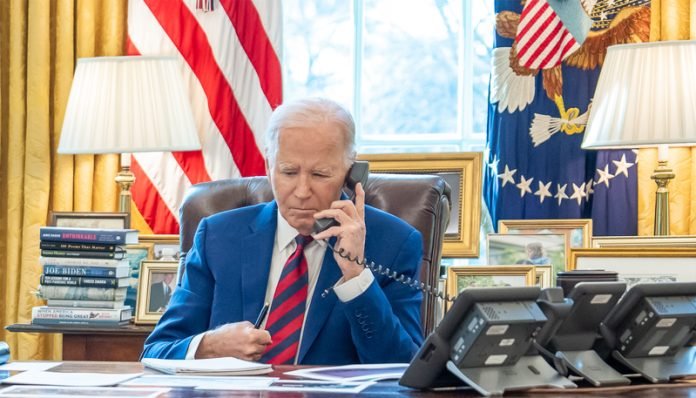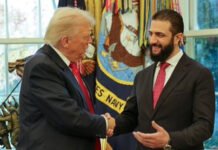U.S. Diplomats to Visit Syria Amid Political Uncertainty : In a related geopolitical development, U.S. diplomats are preparing to visit Syria in light of political shifts within the country. The visit is scheduled to take place following reports of President Bashar al-Assad’s possible departure from power. With the future of Syria hanging in the balance, U.S. diplomats aim to engage with various stakeholders to understand the changing dynamics and assess the situation on the ground.
This diplomatic mission will include experts focused on the intricacies of the Austin Treaty, a vital agreement that could influence Syria’s political future. The presence of hostage negotiators in the diplomatic delegation signals the U.S.’s ongoing efforts to resolve issues surrounding detainees and improve relations in the region. The mission is seen as an opportunity to promote stability and foster discussions on the peaceful resolution of long-standing conflicts within Syria.
Strategic Shift in U.S. Foreign Policy
The visit to Syria marks a significant shift in U.S. foreign policy, particularly regarding its stance on the Assad regime. After years of sanctions and diplomatic isolation, the potential transition of power in Syria offers a new avenue for dialogue and engagement. The United States aims to ensure that any change in leadership leads to a peaceful, democratic transition that benefits the Syrian people and contributes to broader regional stability.
This move underscores the U.S.’s commitment to a more active role in resolving Middle Eastern conflicts, with a focus on humanitarian assistance and diplomatic negotiations. The evolving situation in both Sudan and Syria reflects the U.S.’s broader strategy of engaging with global crises to ensure peace, stability, and the protection of human rights.
Conclusion: U.S. Support in the Face of Global Crises
As Sudan struggles with its internal conflicts and Syria faces political uncertainty, the United States is stepping up to offer crucial support. With $200 million earmarked for humanitarian aid in Sudan, the U.S. is directly addressing the immediate needs of those most affected by violence. At the same time, U.S. diplomats are positioning themselves to influence the future of Syria through engagement and dialogue.
In both cases, the United States remains steadfast in its commitment to global peace and stability. Through financial aid and diplomatic outreach, the U.S. continues to play a pivotal role in mitigating crises and shaping the political landscape of the Middle East and Africa. The coming months will likely reveal the true impact of these initiatives on the ground, but for now, the U.S. is ensuring that it remains a crucial player in addressing some of the world’s most pressing challenges.
















